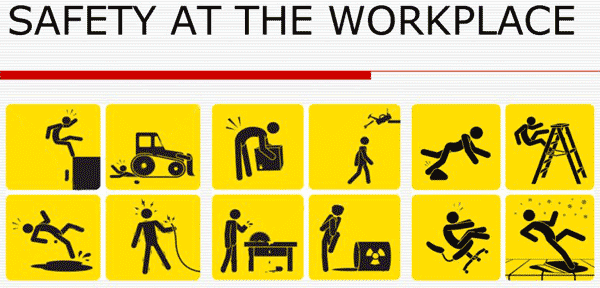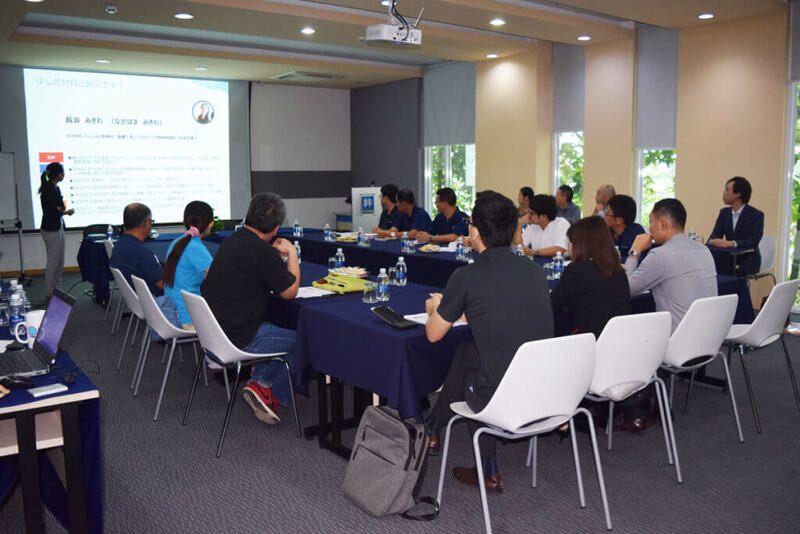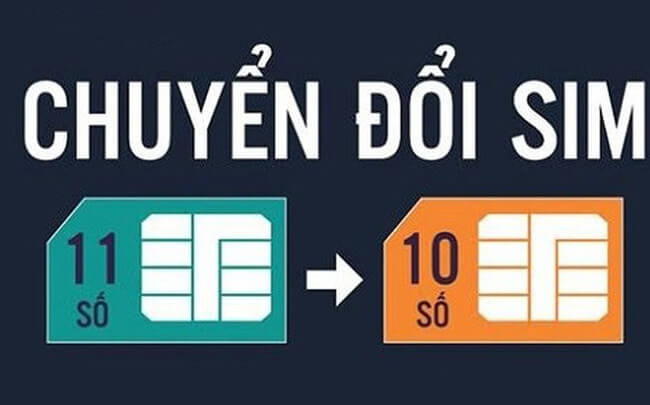Government regulations on ensuring occupational safety for electrical equipment manufacturing industry
The great benefits as well as the usability of electrical equipment have made them one of the essential necessity of everyday life. Understanding this need, domestic and foreign enterprises have paid great attention to the field of processing and manufacturing electrical equipment, with the desire to develop the electrical equipment industry into one of key industries in our country. This, in turn, has contributed to creating jobs for the young and abundant labor force in Vietnam. However, the working environment in the electrical equipment manufacturing factory can have potential hazards because workers often have to work with machines and toxic chemicals. Therefore, in order to ensure the safety of the employees, the government has issued many regulations and rules of occupational safety in electrical equipment manufacturing.
The article below will help readers get the latest information and regulations of the government in ensuring the safety of workers in general and in the electrical equipment manufacturing industry in particular.
1. General regulations on ensuring the safety of workers
a/ For employers
Under Section 2 – Chapter II of the Law No. 84/2015 / QH13 on Occupational Safety and Health issued by the National Assembly on June 25, 2015, businesses and employers must hold training sessions on safe machinery operating procedures and proper protective measures for workers to avoid possible unfortunate circumstances. In addition, the employer must also provide adequate personal protective equipment for workers when working in harmful environments, such as exposure to chemicals. Additionally, the National Assembly also requires enterprises to develop measures to deal with and respond to incidents in time when an occupational accident occurs.

For cases where an employee is involved in an accident or an occupational disease during his or her work, the employer shall, in accordance with Section 2, Chapter III of this Code, be responsible for the first aid and the payment of all expenses. Medical expenses, including for employees without health insurance. Moreover, these enterprises also have to pay full salary and compensation to workers who get occupational accidents which are not entirely due to their fault at the following rates:
- At least 1.5 months’ salary in case the employee’s working capacity decreases between 5% and 10%, plus 0.4 month’s salary for every additional 1% working capacity decrease from 11% to 80%
- At least 30 months’ salary in case the employee’s working capacity decreases 81% or more. For employees who die of occupational accidents or diseases, this compensation shall be paid to their relatives
b/ For employees
In addition to businesses to ensure the safety of workers in accordance with the regulations of the National Assembly, workers themselves must also comply with applicable safety rules and procedures at workplace. First of all, they must attend all training sessions before commencing use and operation of machinery, equipment or contact with hazardous materials. At the same time, workers must comply with the general rules when using machinery as well as adequate protective measures to protect themselves.
Request for Consultation
Flexible spaces ranging from 250 - 10,000 m²
2. Regulations on occupational safety in the electrical equipment manufacturing industry
Besides the regulations on occupational safety in general, the government has also issued separate regulations for enterprises in the field of processing and manufacturing electrical equipment. This helps employees working in this industry to reduce the number of incidents and occupational accidents associated with electrical equipment.
According to Circular No. 33/2015/TT_BCT issued by the Ministry of Industry and Trade on October 27, 2015 and effective from January 16, 2017, electrical appliances and equipment must be technically tested before put into operation and used in the production process.
Verification procedures are specified for different types of electrical equipment, including the inspection of protective functions such as braking, speed control. After finishing the verification process, the equipment that meets the standards and technical standards will be stamped in the most visible position. Inspection and evaluation of these equipment before being operated is intended to ensure the level of occupational safety for workers working in production workshops.

Moreover, under the regulations of the Ministry of Industry and Trade, this inspection process is not only done once but is maintained periodically and there are unexpected inspections to ensure there are no incidents with these electrical equipment that endanger workers. With the desire to further develop the electrical equipment processing and manufacturing industry, to ensure the safety of workers, as well as to encourage enterprises in the industry to invest and apply advanced modern technical standards, the government has issued extremely necessary and reasonable regulations to ensure the interests and responsibilities of both workers and employers.
By Marketing Department – Kizuna JV Corporation









